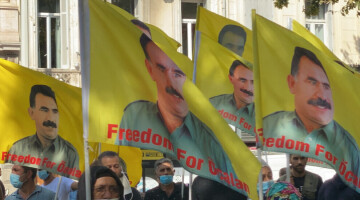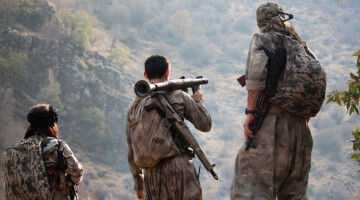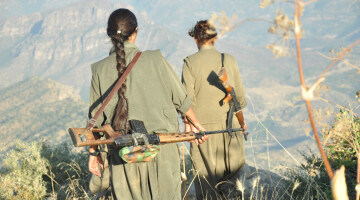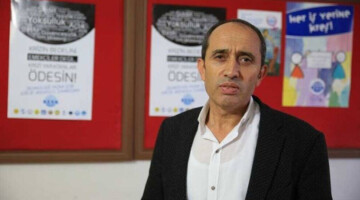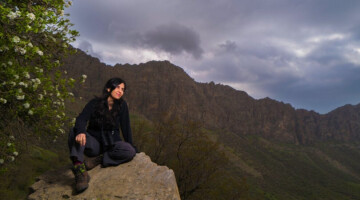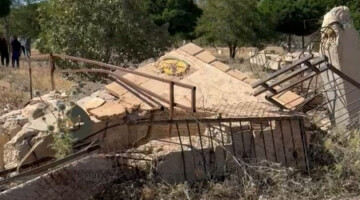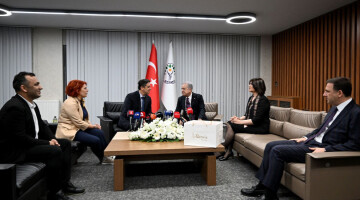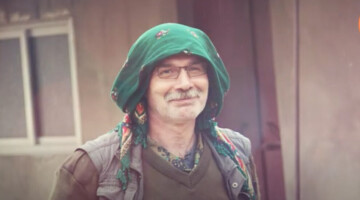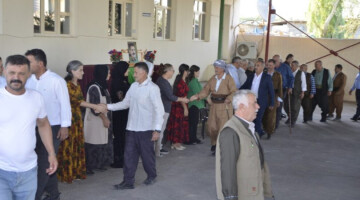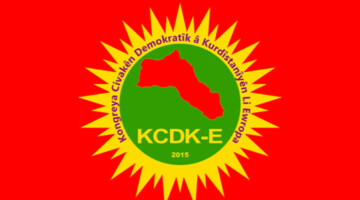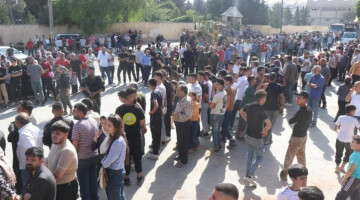Thousands of Yazidi people were massacred or kidnapped and reduced to the status of slaves in the genocidal onslaught launched by ISIS against the Yazidi town of Shengal (Sinjar) on August 3, 2014.
The traces of the genocidal campaign, which is recognized as genocide by the international community, continue to surface even years later with the remains unearthed from mass graves.
Since March 2019, the remains of thousands of people have been unearthed, while around 40 mass graves are yet to be opened. The fate of thousands of people abducted and massacred in ISIS' genocidal campaign against the Yazidi community still remains unclear.
Since 2019, the remains of more than 500 Yazidis have been held at the Baghdad Forensic Medicine Institute. Most of these remains have not been returned to their families so far.
The remains of 32 victims exhumed from a mass grave in the village of Kocho five years ago, have been identified recently.
The remains were sent from Baghdad Forensic Medicine Institution to Shengal yesterday after the completion of DNA tests. Relatives of the victims and a number of residents were present during the delivery of the remains to their families in the village of Solax.
A funeral ceremony was held this morning for the victims who have been identified 10 years after the massacre. The ceremony, which started with a minute of silence, was attended by the Yazidi Spiritual Council, representatives of civil society organizations, the Autonomous Administration of Shengal, TAJÊ (Yazidi Women’s Freedom Movement), security forces and many residents.
Dr. Zaid Ali Abbas, Director of the Baghdad Forensic Medicine Institute, expressed his condolences to the Yazidi community and said, “We in the Baghdad Forensic Medicine Institute are working hard on the remains we have. The remains we have are not only of the Yazidi people, but from all over Iraq. However, most of them are those exhumed from the mass graves in Shengal and sent to our institution. We are very sorry to keep sending remains to the Yazidi people. We offer our condolences to all the families and wish God’s mercy to the martyrs. May they rest in peace.”
Rosîda Hacî, one of the survivors of ISIS attacks, said the following: “It is shameful that the Iraqi government has declared a general amnesty while we are still receiving the remains of our relatives and while there are still dozens of mass graves waiting to be opened in Shengal. Our society has been neglected by the Iraqi state and international institutions. We must keep our eyes open and be vigilant. The genocidal campaign still continues. The remains of dozens of our brothers, sisters, mothers and fathers are still waiting for us. More than 40 mass graves are waiting to be opened in Shengal. Thousands of families still live in tents in the camps in the south. The Iraqi government has not seen any of this.”
The speeches were followed by a cinevision screening. 19 people were laid to rest in Kocho, while the remains of others were buried in family graveyards. The ceremony ended with religious rites and rituals.
Background
The city of Shengal (Sinjar) in the Kurdistan Region of Iraq is the last contiguous settlement area of the Yazidi community. Thousands of Yazidis were murdered, and thousands of women and children were taken prisoner in the 3 August 2014 onslaught on Shengal by ISIS militants. While ISIS began murdering Yazidis in Shengal, the Peshmerga left, leaving the Yazidis behind, unprotected. The guerrillas of HPG (People’s Defense Forces) and YJA Star (Free Women’s Troops) and fighters of the YPG (People’s Defense Units) and YPJ (Women’s Defense Units) came to the Yazidi people's aid in the face of ISIS aggression. Thanks to a months-long selfless struggle, the city was liberated on 13 November 2015. After the liberation of the city, the HPG and YPG/YPJ subsequently withdrew in 2017. People who returned to their land after Shengal's independence reformed, established defensive units and built their institutions.

